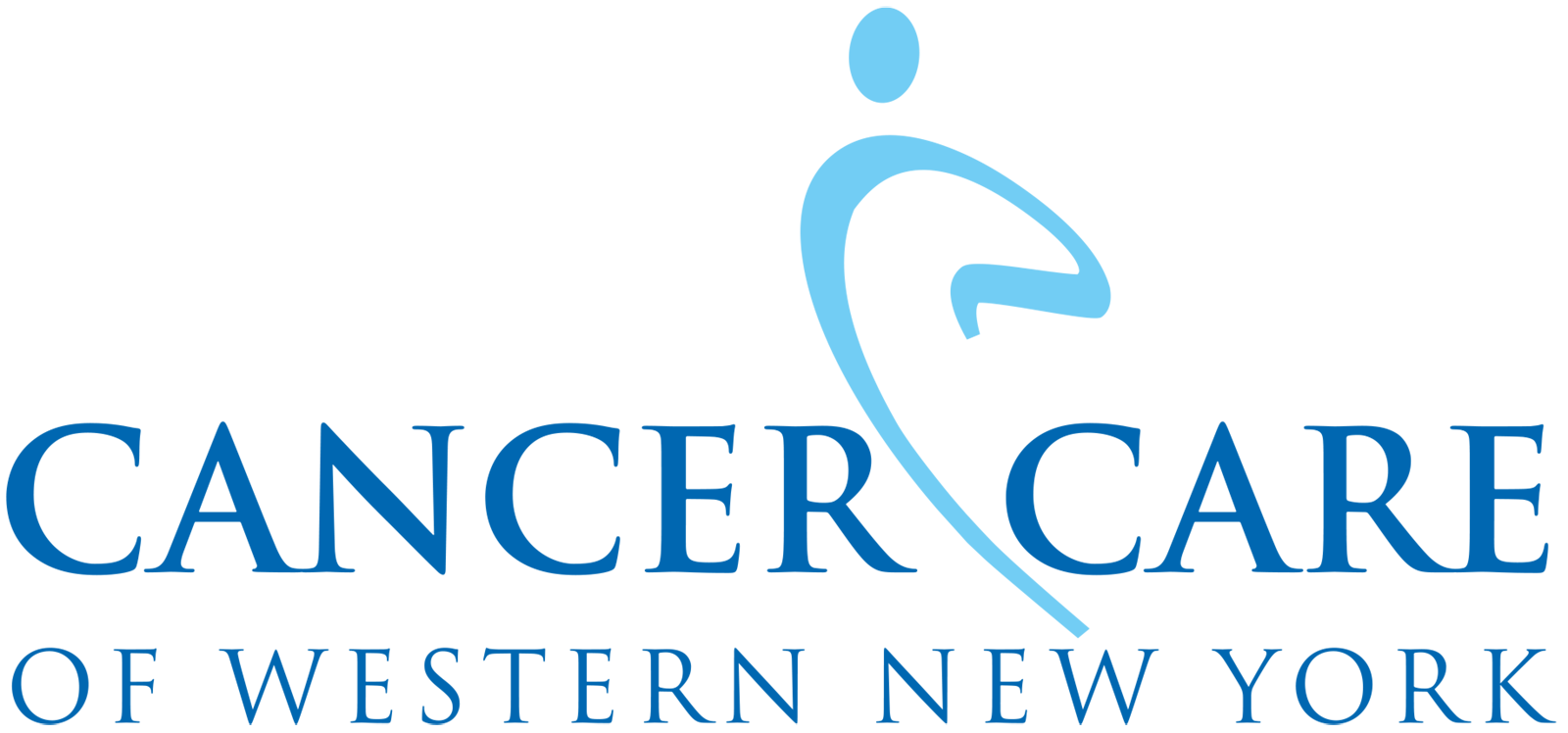Lung Cancer Treatment
Understanding Lung Cancer: What You Need to Know
Think of your lungs as two big sponges in your chest that help you breathe. Lung cancer starts when some cells in these “sponges” or their air tubes go rogue and start growing out of control. It’s a very serious illness, and unfortunately, it’s the leading cause of cancer deaths for both men and women.
Key Causes of Lung Cancer
- A Big Challenge: Lung cancer is a tough opponent. Even though more people are diagnosed with other cancers, lung cancer still causes more deaths than breast, prostate, and colon cancers combined. In fact, in 2025, we expect it to take over 127,000 lives in the U.S.
- Smoking is the Main Culprit: The vast majority (80-90%) of lung cancer cases are directly linked to smoking tobacco, whether it’s cigarettes, cigars, or pipes. The more you smoke, and the longer you’ve smoked, the higher your chances of getting it. Quitting smoking is the best thing you can do for your lung health.
- It’s Not Just About Smoking: Even if you’ve never smoked, you can still get lung cancer. Other things that can increase your risk include:
- Secondhand Smoke: Breathing in smoke from others.
- Radon Gas: This is a natural gas that can sometimes seep into homes. It’s the top cause of lung cancer in people who’ve never smoked.
- Exposure to Certain Chemicals: Such as asbestos or some industrial chemicals.
- Air Pollution: Breathing polluted air over a long time.
- Family History: If close relatives have had lung cancer, you might have a slightly higher risk too.
Two Main Types
Doctors generally group lung cancer into two main kinds:
-
- Non-Small Cell Lung Cancer (NSCLC): This is the most common type (about 87% of cases). It tends to grow and spread a bit slower.
- Small Cell Lung Cancer (SCLC): This type is less common (about 13% of cases) and is usually very aggressive, meaning it grows and spreads quickly. This type is almost always found in people who smoke.
What Symptoms to Watch For
In the early stages, lung cancer often does not have any signs, which is why it can be hard to detect early. As it grows, you might notice:
-
- A persistent cough that won’t go away and/or gets worse
- Feeling out of breath
- Chest pain
- Wheezing (a whistling sound when you breathe)
- Coughing up blood
- Hoarseness (a raspy voice)
- Losing weight without trying
- Feeling very tired
- Getting lung infections (like bronchitis or pneumonia) that keep coming back
Why Early Detection is Key
Finding lung cancer early, before it has spread, gives you the best chance for successful treatment. If it’s caught when it’s still just in the lung, the chances of surviving for five years or more jump significantly – from an average of about 28% to around 61%. This is why, for people at high risk (like heavy smokers or former smokers), doctors recommend a special X-ray called a low-dose CT scan. It’s a quick, easy way to look at your lungs and find problems before they become serious.
Remember, if you have concerns about lung cancer or any of these symptoms, it’s always best to talk to your doctor. They can help you understand your risks and guide you on the best steps to take for your health.
Screening and Diagnosis
There are a variety of different tests your physician can use to determine if you have lung cancer. These include:
- Physical examination
- Chest X-ray
- Advanced imaging scans, such as CT, PET and MRI
- A biopsy
Treatment Options
Lung cancer is typically treated with a combination of surgery, radiation and chemotherapy.
In the early stages, surgery is often a viable option. However, in advanced stages of lung cancer, surgery typically is not an option. Instead, you will likely be treated with a combination of radiation and chemotherapy.
At Cancer Care of Western New York, we are committed to providing the latest in radiation treatment technology. We believe that having state-of-the-art equipment makes a real difference in the quality of care we provide to all of our patients.
Depending on the type of cancer, radiation is typically delivered five days per week Monday through Friday for 3-9 weeks.
Stereotactic Body Radiation Therapy (SBRT), also known as Stereotactic Ablative Radiotherapy (SABR), is an advanced form of radiation therapy that has revolutionized the treatment of cancer, particularly for early-stage and inoperable cases. It’s a non-invasive procedure that delivers highly concentrated, precise doses of radiation to a tumor over a few treatment sessions, typically ranging from 1 to 8 fractions (sessions), compared to the many weeks required for conventional radiation therapy.
It is important to remember that your healthcare team will discuss all available options and help you determine the most appropriate and personalized treatment plan for your specific condition
Contact Cancer Care of Western New York
If you have additional questions and need to schedule an exam, contact our care center today.
